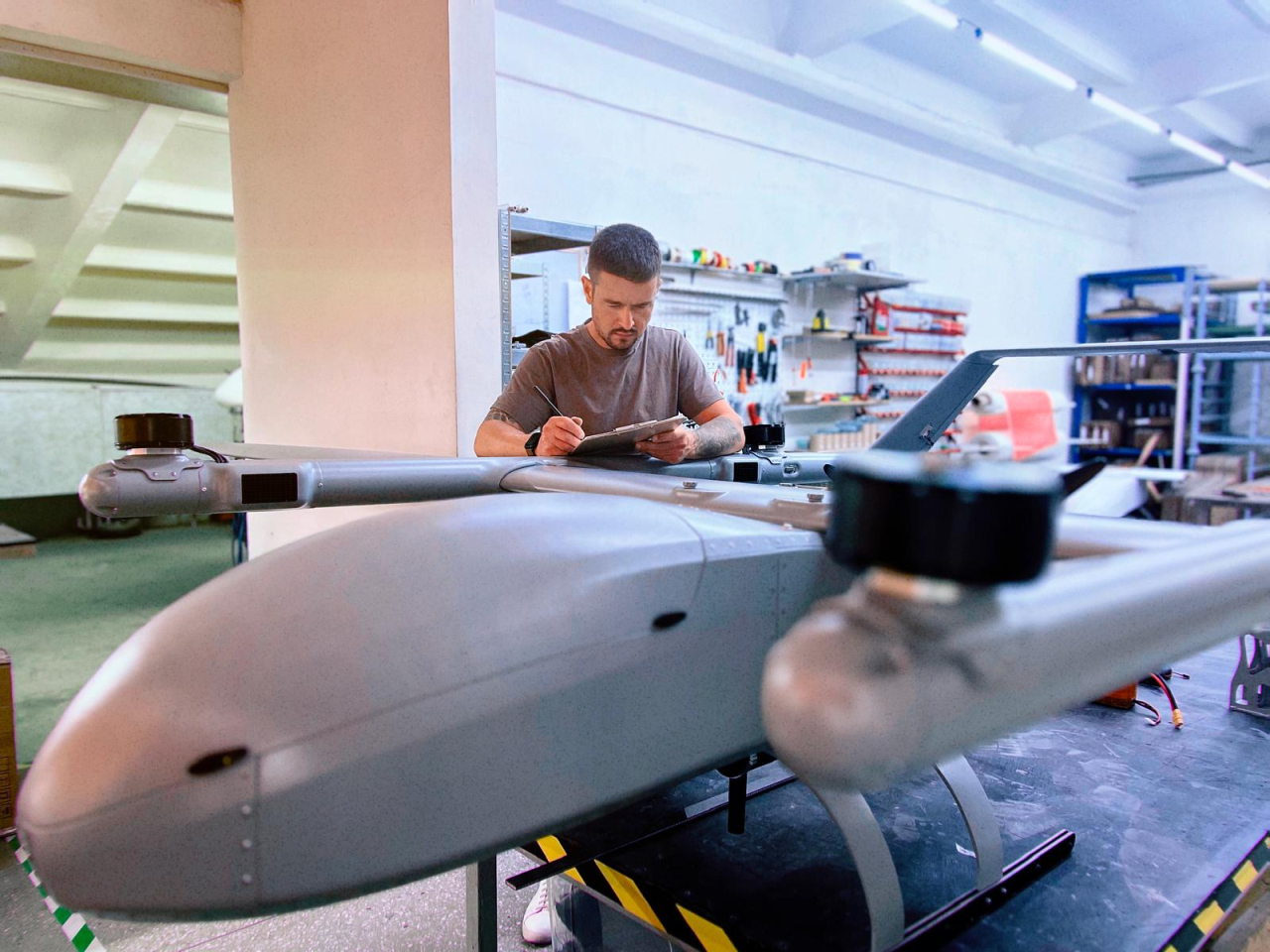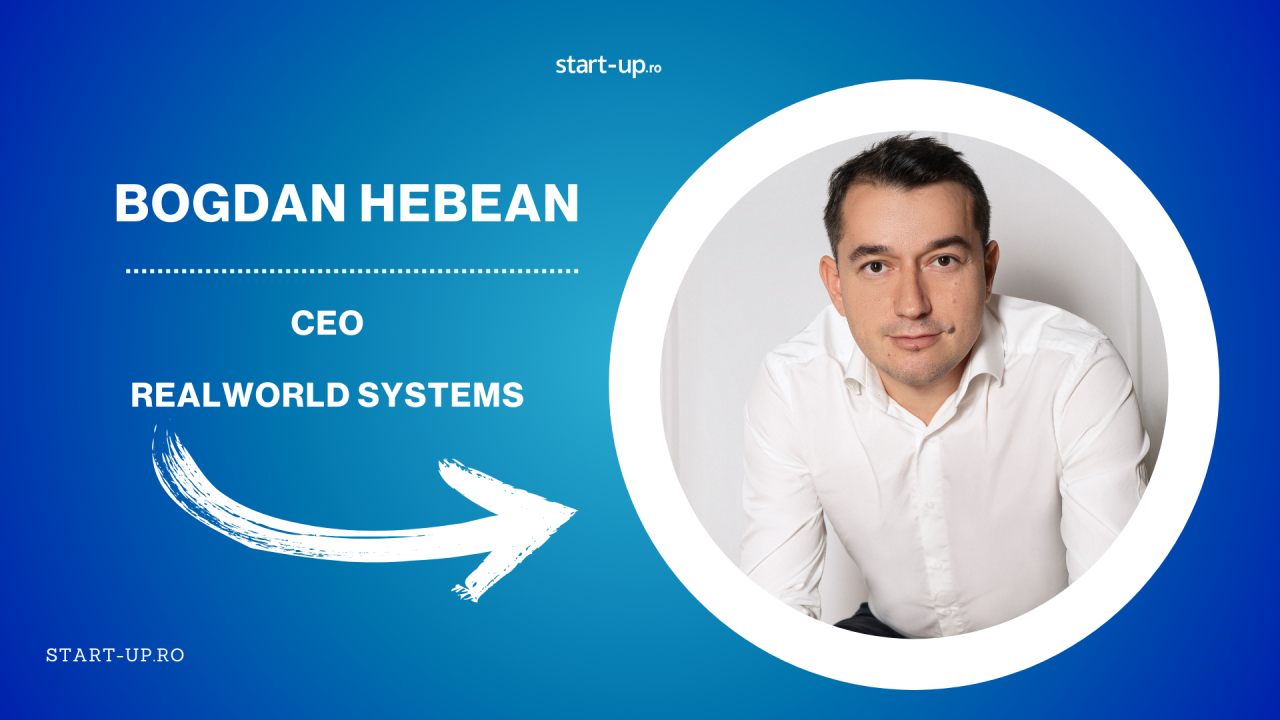The road to Emerging Europe started with the creation of 500 Istanbul, but now the thesis has become more and more regional and focuses on countries in Central and Eastern Europe. 500 Emerging Europe is the only American fund with boots on the ground on this region, not just looking around.
Educated as an engineer he has a firm grasp of the technological aspect of the startup world and the ambition and knowledge to see the global potential in the regional startup scene. That is why, rather than venturing on the civil engineer path, he founded first seed, a network of investors focusing on early stages investments.
We talked with Enis at the end of 2022 about 500 Emerging Europe and the growth of the ecosystem in the region.
Here are the most important topics you will find from this interview with Enis.
-
“The guiding idea behind our interest in the CEE region is something we call “the population paradox”— the phenomenon where countries of smaller population produce more unicorns”
-
“By connecting the region into more mature tech markets, notably Silicon Valley, we can enable more unicorns to be created.”
-
“I believe Emerging Europe is the only region that can compete with the US. The region is playing the US game, while hedging against all of its own disadvantages and leveraging its talent base as a competitive advantage.”
-
“Emerging Europe has the potential to do what Israel or Estonia did, but in 20+ countries across the region.”
-
“Our investment decision making is completely founder-led and founders are the only reason we invest in a business.”
-
“We are the only mandated American fund that’ll invest 70m in the region. To be able to access the best founders, you need to go as early as possible, turn it into a proximity game and have boots on the ground.”
-
“Our Fund I portfolio companies have raised $1.1B in total, out of which $350M came from our introductions alone”
-
“In regions where there is not enough investor depth, like almost everywhere in Emerging Europe, we do not look into what the market signals.”
-
“Founders build unicorns, investors cheer from the sidelines.”
The Central and Eastern European ecosystem is growing and now there are not just talks, but also funds. Here comes 500 Emerging Europe - what was the thinking behind the fund and its objectives?
The guiding idea behind our interest in the CEE region is something we call “the population paradox”— the phenomenon where countries of smaller population produce more unicorns.
This happens because startups can’t rely on their local markets and have to sell globally immediately. Estonia, for example, boasts the highest number of unicorns per capita in the world because of the population paradox. We believe that every country in the region has a very qualified talent pool with highly skilled engineers and developers which makes the region quite a hotbed for IT, and startups also leverage this talent pool to produce globally competitive products. By connecting the region into more mature tech markets, notably Silicon Valley, we can enable more unicorns to be created.
I believe Emerging Europe is the only region that can compete with the US. The region is playing the US game, while hedging against all of its own disadvantages and leveraging its talent base as a competitive advantage. The goal for the region is to create dozens of unicorns every year.
What does 500 Startups see in the region? Is it worth it comparing to Western Europe some years ago, for example, or it's very specific and particular?
We believe Emerging Europe has the potential to create dozens of unicorns every year and make the greatest leaps on the continent – and dwarfing Western Europe along the process. Emerging Europe is different from not only Western Europe, but any other market around the globe. All of the other emerging markets, have a quite typical emerging market investment thesis, where companies are built to dominate their industries in that geography. Emerging Europe has a fully global and US-oriented playbook, thereby increasing the upside potential of the company while hedging against the risks in the region and leveraging its talent advantages.
Emerging Europe has the potential to do what Israel or Estonia did, but in 20+ countries across the region. Coming back to your Western European comparison, Western Europe has local and regional (pan-European) unicorns. Emerging Europe is the only region that can compete and out beat the US, playing the same game but better.
Very few funds in the region risk in investing tickets in the idea stage. But you want to do what, 1 million dollars for ideas - why do you like this strategy? Give me an example of an investment in the idea stage that has grown in the last few years.
We are not looking for the best founders in the region, we are looking for best founders globally – who are from the region. At the early stages, investing is a proximity game and we are able to attract top founders from the idea stage, and continue to invest as companies grow. If you try to access the best founders not in pre-seed, but rather seed stage, you are competing with top tier funds globally. We’d rather invest early, and have top global funds join us later.
I’d say most of our investments are pre-seed, and some are seed. Our Fund I unicorns and soonicorns, Carbon Health, BillionToOne, Insider, Plum and Firefly are all good examples of that.
What are you looking in products and founders? Not the entire investment thesis, but what do you think will attract you to a startup?
Our investment decision making is completely founder-led and founders are the only reason we invest in a business. After building conviction on a founder, we do look into the product, technology, market maturity, competitive landscape, metrics etc. But this is much more of a red flag review that can result in us not wanting to invest. Investment decisions are based on the founders, not investing decisions can be based on all else.
While qualifying founders we look for domain experience and depth of market understanding, and a unique position she has built that will enable her to build the right team and product while also removing any of the obstacles along the way – capital or otherwise. We also test for entrepreneurial character to make sure that the founder has the right mental models.
Do you have preferred niches and industries to invest in?
We are very industry agnostic and our Fund I success stories came from companies in health tech, biotech, fintech and martech. Having said that, great founders do identify similar trends and technology inflections to take advantage of them. Following great founders, we end up having a pool of investments in certain verticals. For Fund I, that was health tech, and for Fund II it has been dev-tools especially around AI/ML.
You are an American brand, one of the few acting directly in the region - why is it important to have a very solid presence here?
We are the only mandated American fund that’ll invest 70m in the region. To be able to access the best founders, you need to go as early as possible, turn it into a proximity game and have boots on the ground. I am a strong believer that Emerging Europe will have a similar unicorn per capita to Estonia across the region.
What kind of founders should write you?
They should write to us, even before they become founders. It’s okay if they don’t, we’ll find them anyways. If not, it’s a big failure on our side.
How important is for 500 Emerging Europe to find startups that are geographically agnostic and they do not intend to grow step by step just inside a country?
Our investment thesis and the purpose of the fund is to enable a talent arbitrage from Emerging Europe, giving birth to global unicorns. It is critical for us to find founders who are willing to internationalize early on, and not spend time trying to conquer the region. The more value chain drift we facilitate, the stronger our performance will be.
Most of your time is spent on looking for startups and talking with them - what has changed in the approach of the founders from the region?
The deal flow from the region used to be more balanced in terms of going global from day one versus staying local/regional. With the emergence of remote work, global success stories and a much more global funding game, more founders target global markets from day one. This shift in the entrepreneurial mindset strengthens our deal flow and validates our thesis even further.
How would you describe the collaboration between you and the startups after the investment - what's your preferred strategy?
We create a pull relationship, rather than a push relationship with founders, where we are there to support them whenever they need us. Through bi-weekly meetings, we try to identify their needs in terms of potential customer introductions, mentors or fundraising. Leveraging our global network of 2,500 portfolio companies and co-investments with thousands of VC funds, we facilitate to the point introductions. Just as an example, our Fund I portfolio companies have raised $1.1B in total, out of which $350M came from our introductions alone.
Apart from these introductions, our bi-weekly meetings are more around founder coaching and building the right mental models as the company scales.
You previously said that investors should focus on the founders you believe versus market signals - how do you approach this analysis in order to identify founders that you click with versus what the market says to you?
In regions where there is not enough investor depth, like almost everywhere in Emerging Europe, we do not look into what the market signals. Emerging Europe is a region where you should build your own conviction, especially if you are optimizing to access best founders that are looking to go global. A good founder can change anything that is wrong about the business whether its timing, go to market strategy, product, or even team!
People are talking about changing in the markets, economic downfall, more complicates seed or Series A investments - what do you think?
All of these changes are for the better. Companies from Emerging Europe always had healthy unit economics, payback periods and overall financials. While the market was valuing growth above anything else, our competitors in the US had the advantage to have tremendous burn, compromising healthy business dynamics for growth. Now that the market looks for profitability, I think our companies from the region will get to a much better place compared to their competitors that can survive! This is almost a layer of antifragility for the startups from the region.
A founder reads this article, wants to contact you - how does he or she should start to get your attention?
I am an inbox zero person. I like emails. But anything works, Linkedin, Twitter, Instagram, anything.
What's the bullshit you are fed up with from founders and they should get rid of it?
Any business that is looking to hyperscale needs additional resources, especially if the founder thinks today is the right time and tomorrow will be too late. Some founders do not want to play that game, which is fine for them, but doesn’t fit our investment thesis given the BIG upside potential we aspire for in a business.
You have three unicorns in the 500 Istanbul portfolio - how did you contribute to this?
Founders build unicorns, investors cheer from the sidelines. Yes, we sourced them, but I wouldn’t claim any contribution to their success.
 Vlad Andriescu
Vlad Andriescu















